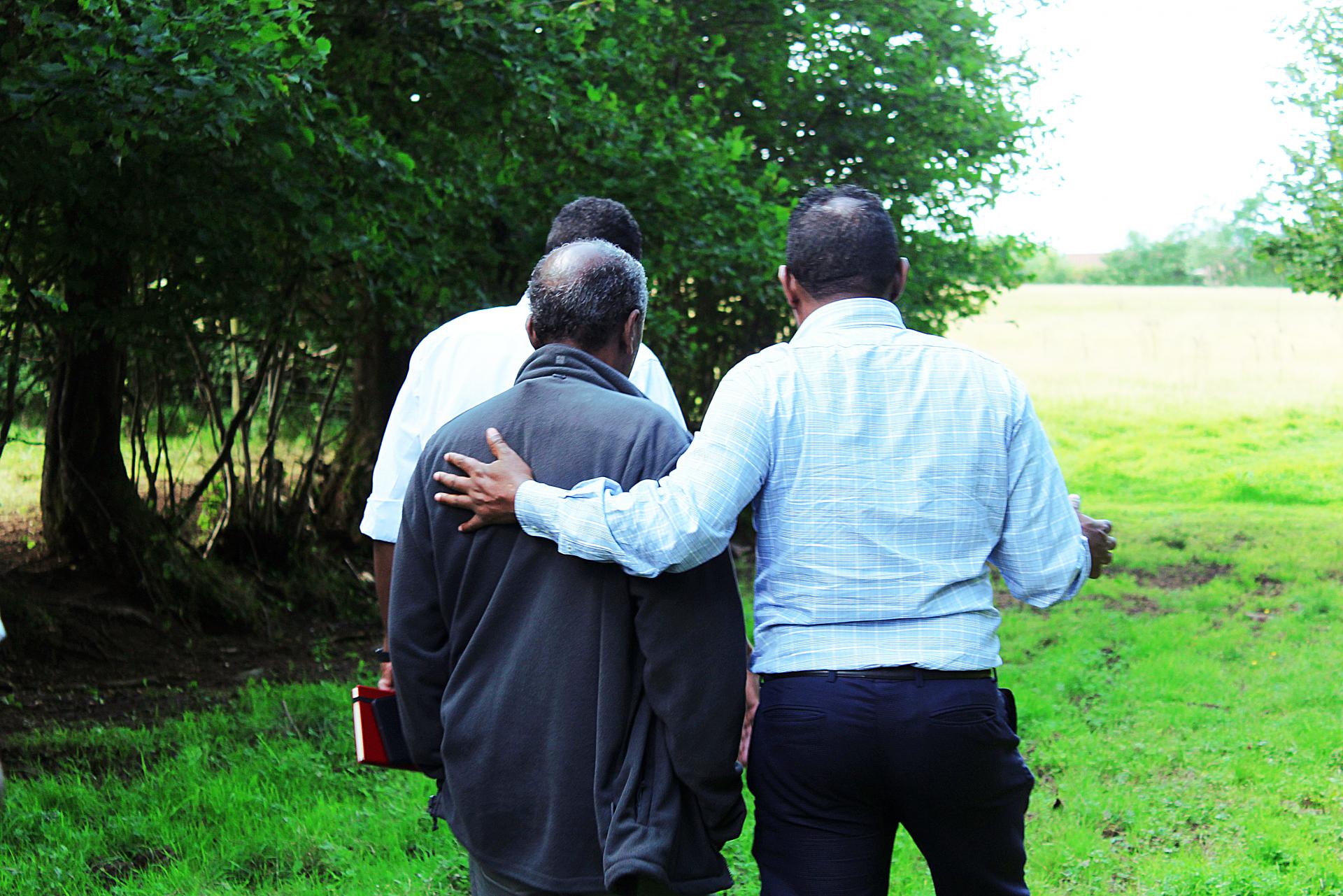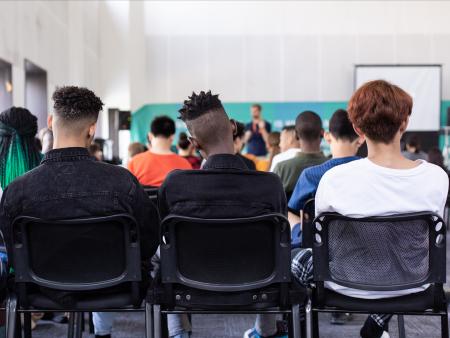
Hello Neighbour, Hello Job
If you’ve just moved home, whether that’s across the country or to a new area of a city, the first thing you might think to do is get to know your local area and who lives nearby. For refugees, having arrived in a foreign and unfamiliar country, with a different culture and language, this is not the easiest task.
Difficult as it can be, this interaction with the local community is helpful in many ways, especially for getting a job. At ACH we use the practice of ‘Hello Neighbour, Hello Job’, to support our tenants and encourage them to make the most of the community and networks available to them.
There are four ways in which we use this approach to help our tenants in their job search:
- Connecting people to a network
By connecting refugees to a network of people near where they live, we help them to gain access to the networks of those people. For those searching for employment, building up a web of connections enhances their search and increases the chances of job opportunities.
- Improving English and communication skills
Introducing refugees to local communities gives them the chance to practice their spoken English, and to build up better communication skills. This is particularly helpful for job applications, as applicants can better articulate their own skills and abilities in interviews, making the best possible impression on potential employers.
- Creating a network of sharing and help
By linking refugees with others who are in similar situations, we help them to feel less alone in an often alienating situation. The confidence built from a friendly and welcoming environment cannot be underestimated in terms of the advantages it brings to employability, whether for motivation during the process of searching and applying to jobs, or for self-belief in an interview situation.
- Understanding local cultures
On the flip side, introducing refugees to local people in areas they are looking for jobs opens up opportunities for them to get to understand the local job landscape and the cultures of their community. Having a good understanding of the local area and the UK as a whole is a great benefit when it comes to job applications.
Has it worked?
This approach makes a significant and sustainable impact on people’s lives; one which we have already seen among several of our tenants.
Mariam Sayed, for example, came to ACH in October 2016 and was put in contact with various local groups. Since then she has volunteered regularly with Refugee Women of Bristol and a pop-up Somali Kitchen, which have enabled her to improve both her language skills and her confidence. She has not only progressed personally, but also inspired those around her, as Naomi Gill, one of our support team members who has been working closely with Mariam, had to say: ‘Since she moved in with other women, they have also become more ambitious in their careers. She definitely has an infectious energy.’
‘Hello Neighbour, Hello Job’ is one example of ACH’s unique approach to refugee resettlement, which prioritises long-term support and community engagement, seeing refugees not as charity cases, but as valuable assets to local communities. It is not enough to focus solely on necessities, as without any local connections, many would be left isolated and unable to progress into quality jobs. Instead, we provide genuinely lasting support that ensures these people can become established and comfortable where they are living.
By helping refugees to become both well-connected and self-sufficient, we create a foundation for better opportunities, enhanced career prospects, and successful integration into local and wider communities.
To find out more about our approach to refugee resettlement and integration, contact Richard on richard.thickpenny@ach.org.uk


